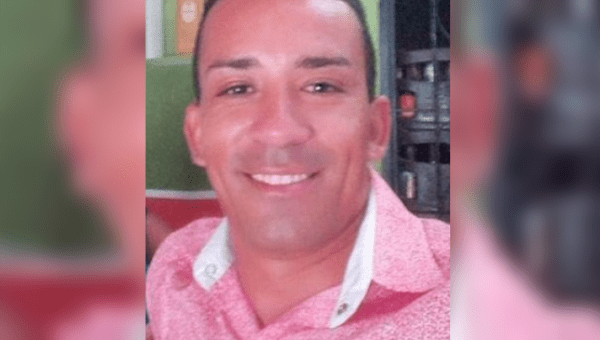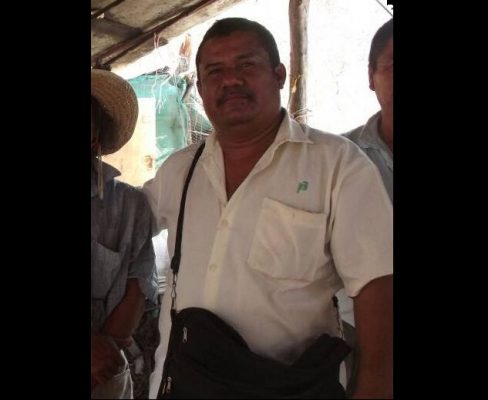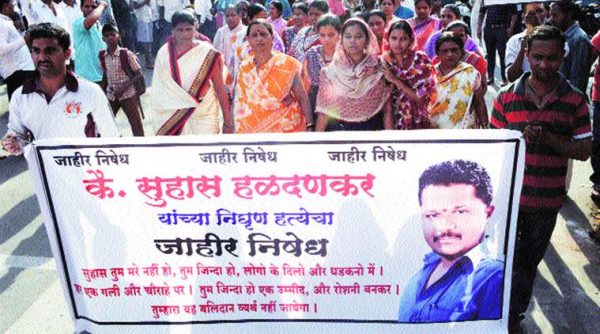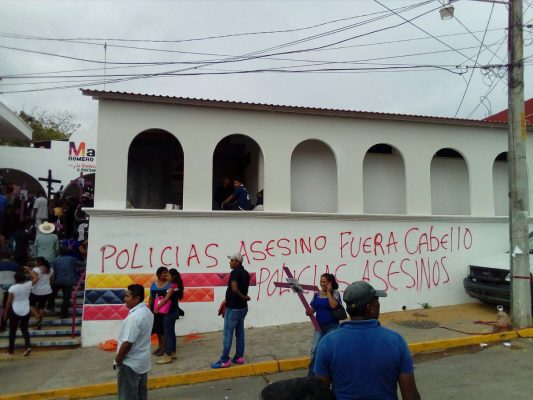
According to recent media reports, in the early hours of Thursday 27 November, lawyer and human rights defender (HRD) Diego Fernando Rodriguez was found dead in his home in the south western department of Cauca. He had been stabbed multiple times. Fernando Rodriguez was the legal representative of the local community council in Gana Plata, in the municipality of Mercaderes.
The killing comes amid a wave of violence against progressive social leaders in Colombia, particularly in Cauca and other regions of the country where demobilisation of the FARC rebel army has created a power vacuum in some rural areas. According to social organisations, at least 11 community leaders have been murdered in Cauca alone, so far this year.
In a statement condemning this latest killing, Deivin Hurtado, spokesperson for the regional human rights network, Red de Derechos Humanos del Sur Occidente Colombiano ‘Francisco Isaías Cifuentes, said, “It is lamentable that every time we meet to discuss how we can improve the security situation of HRDs and community leaders, we are presented with a higher number of such killings”. He demanded action by the government to ensure the protection of HRDs so that they can continue their peaceful human rights work.
Human rights groups have urged the Colombian government to prioritise tackling paramilitary violence that often targets progressive social leaders including campesinos, indigenous activists and other human rights defenders.




